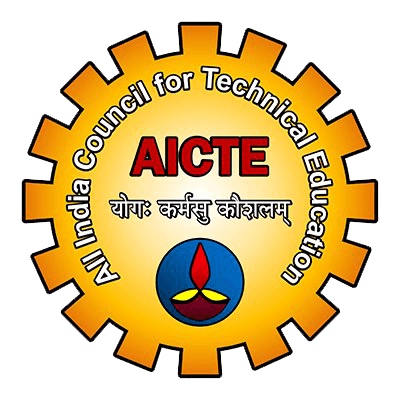

A Six-day online Faculty Development Programme on “Innovation In Mentoring Pedagogy And Incorporation of ICT Techniques in Education” was organised by the Department of Electronics and Communication Engineering, Paavai Engineering College (Autonomous), Namakkal from 30th January to 4th February 2023, in association with IETE, Erode Center and Institution’s Innovation Council. The FDP programme was attended by more than 200 participants from different Institutions across India.
In the presidential address, Dr. M. Premkumar, Principal, Paavai Engineering College addressed that Innovation in mentoring pedagogy and incorporation of ICT techniques in education is the need of the hour. He also appreciated the efforts taken by the department in organising such Faculty Development programme. The inauguration was followed with a welcome address and introduction of resource speaker by Dr.R.Mohana Priya, Associate Professor, ECE. Dean Academics, Professor, Faculty Development Department, Dr.M.Sudha, Head of the Department, ECE, Mr.S.Loganathan, AP, ECE, Mr.S.Sathish, AP, ECE, Coordinators of Faculty development programme also attended the inaugural session.
The Speaker of Day 1 – Dr.R.Kasthuri Bai, Emeritus Professor, Sri Sarada College of Education (Autonomous) presented the topic on ICT. She explained that creativity and innovation are key aspects in all fields. She insisted all the faculty enable their students to develop their problem-solving and creativity skills. She cited a lot of examples and showed videos related to the innovations in Tread Mill, Ted Talks of speakers that converts agro waste into valuable products, benefits of using technology in the classroom. The session ended with queries from the participants.
On Day 2, Resource Speaker Dr.A.Balamallika Devi, Assistant Professor, Department of History, Sri Sarada College of Education (Autonomous), handled her session on Pedagogical Teaching practices. She explained core teaching skills, the reasons why teachers restrict upgrading themselves, seven categories of the knowledge base in teaching, phases of teaching, inquiry-based learning and various methods of teaching such as brainstorming and outdoor classrooms. She insisted to use pedagogy as a sharp weapon in teaching. The session ended with a discussion about various teaching practices by the participants.
On Day 3, Dr.K.Subhashini, Professor, Faculty Development Department, Paavai Engineering College handled the session on “Teaching and Learning -A broader perspective”. She explained the domains of Teaching-Learning, its maxims, skills of teaching, methods and strategies of teaching. She also discussed the factors that affect learning. The session ended with a discussion by the participants.
On Day 4, Dr.R.Mohana Priya, Associate Professor, ECE discussed ICT approaches for Teaching. She explained the various smart teaching techniques such as Mind Mapping, Role Play, Verbattle, Fish Bowl, Reciprocal Learning, Concept attainment, Blended learning, and the importance of Blooms Taxonomy. She also discussed the various online learning platforms such as SWAYAM, NPTEL, LYNDA, UDEMY, COURSERA and other platforms. She conducted an online Quiz through the Quizz platform about her discussion.
On Day 5, Dr.S.D.Subadra, Assistant Professor, Department of Education, Indra Ganesan College of Education Trichy discussed STEM – An interdisciplinary approach to education. She elucidated about the history of STEM, corporate social responsibility, ABET technology skills. She also assessed the participants through a Google form Quiz. She also explained the positive impacts of globalisation.
On Day 6, Dr.P.T.TRESA, NLP Practitioner Motivation Speaker, Kerala discussed Neuro-Linguistic Programming. She gave many real-life examples to overcome stress and lead a peaceful life. She also gave many tips to deal with the students in the class. The session ended with a few queries from the participants. The six day FDP was ended with a Vote of thanks by Dr.R.Mohana Priya, ASP, ECE. The FDP have brought increased self-efficiency and teaching competency among those who were trained.